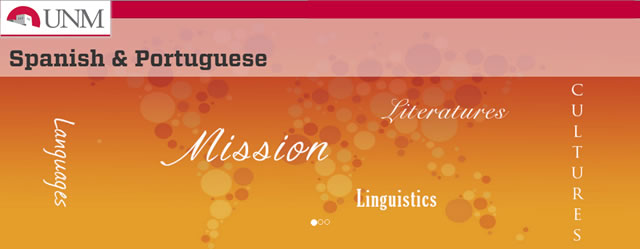
Spanish and Portuguese ETDs
Publication Date
6-4-1948
Abstract
We have learned that the greatest difference between the Middle Ages and Renaissance times was the tremendous cultural upheaval that developed a rather complete change of attitudes and values. Life itself was the objective and not a mere preparation for another life. To the Medieval person the ego and the objective of living are idealized. One must enjoy everything. Much more importance was attached to physical existence. In this, the Renaissance contradicts flatly the attitude of the Middle Ages. Man began to feel that he should enjoy life and that its legitimate pleasures held no harm. Joy of living, however, extended into many fields. An immense curiosity about the world provoked man's explorations and experimentations. Intelligence complicated ideals, emotions, and attitudes, granting to life a humanistic conception of the limited potentialities of man. The intellect was the pass word in this age of discovery.
Degree Name
Spanish (MA)
Level of Degree
Masters
Department Name
Spanish and Portuguese
First Committee Member (Chair)
Ramón Sender
Second Committee Member
Francis Monroe Kercheville
Third Committee Member
Dorothy Woodward
Language
English
Document Type
Thesis
Recommended Citation
Sandoval, Ben. "An Analytical Study of La Celestina." (1948). https://digitalrepository.unm.edu/span_etds/90
Included in
European Languages and Societies Commons, Latin American Languages and Societies Commons
